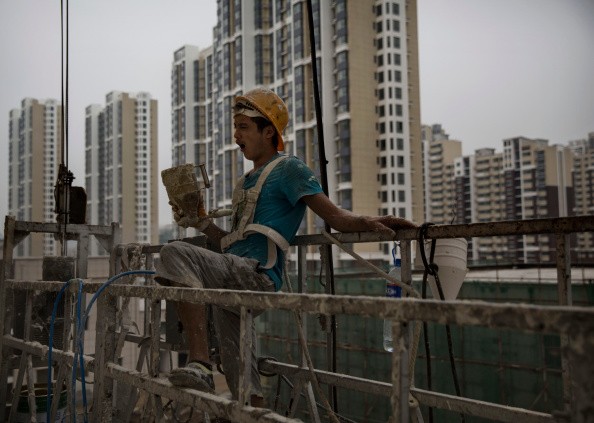China has used various measures to manage its unstable housing market and prevent the bubble to burst, according to an article on Forbes.
As early as 2005, some analysts have predicted China's housing market bubble, but years passed and the house buying spree continued until 2012. Others have also anticipated that 2014 would be the "end of the golden era" for the country's real estate, the report said.
But in 2015, the market stabilized and in 2016, the housing markets in major Chinese cities picked up, prompting some analysts to say that the housing bubble had finally arrived.
By the end of 2016, home prices increased 11 percent year-over-year, especially in Shanghai and Xiamen which posted price hikes of 31.2 percent and 43.8 percent respectively. Now, many Chinese cities are slowing down and the housing market is cooling off.
Halfway through 2017, the housing market is showing signs of stability, the report said.
Government control
To manage the rising home prices, China implemented Home Purchasing Restrictions (HPRs) that put more limitations on buyers. As the housing market cooled and stabilized, the HPRs would be relaxed, which would attract buyers again and regain its momentum.
One of the restrictions imposed by government when the housing market gets too hot is to limit the number of homes that buyers can get in certain cities. The China policy on buying homes varies between non-locals and locals, or those who are registered residents of a place, have paid taxes and social security.
The move was aimed at preventing speculation in the market and curbing the practice of concealing wealth in real estate.
Another way to control the rising home prices is by regulating the amount that home buyers pay as downpayment before financing is available to them. Depending on the housing activity in a given city, downpayments can range from 20 percent to 35 percent for first-time buyers, while second-home buyers are required to pay 60 percent to 80 percent. Buyers who wish to buy three or more homes must pay the full amount upfront.
Through its agencies, the government can also raise or lower property taxes either to attract or dissuade home buyers. Since there are no annual property taxes in China, the government gets its share only when homes are sold.
Other than implementing policies and tax rates, municipalities can also impose price controls on home prices. Local governments also have control over land that can be developed for residential use. Municipalities often restrict land sales when there are too many unsold homes.
Lastly, the government also implements inventory controls to monitor sales as well as the number of unsold homes and stalled construction projects.






















